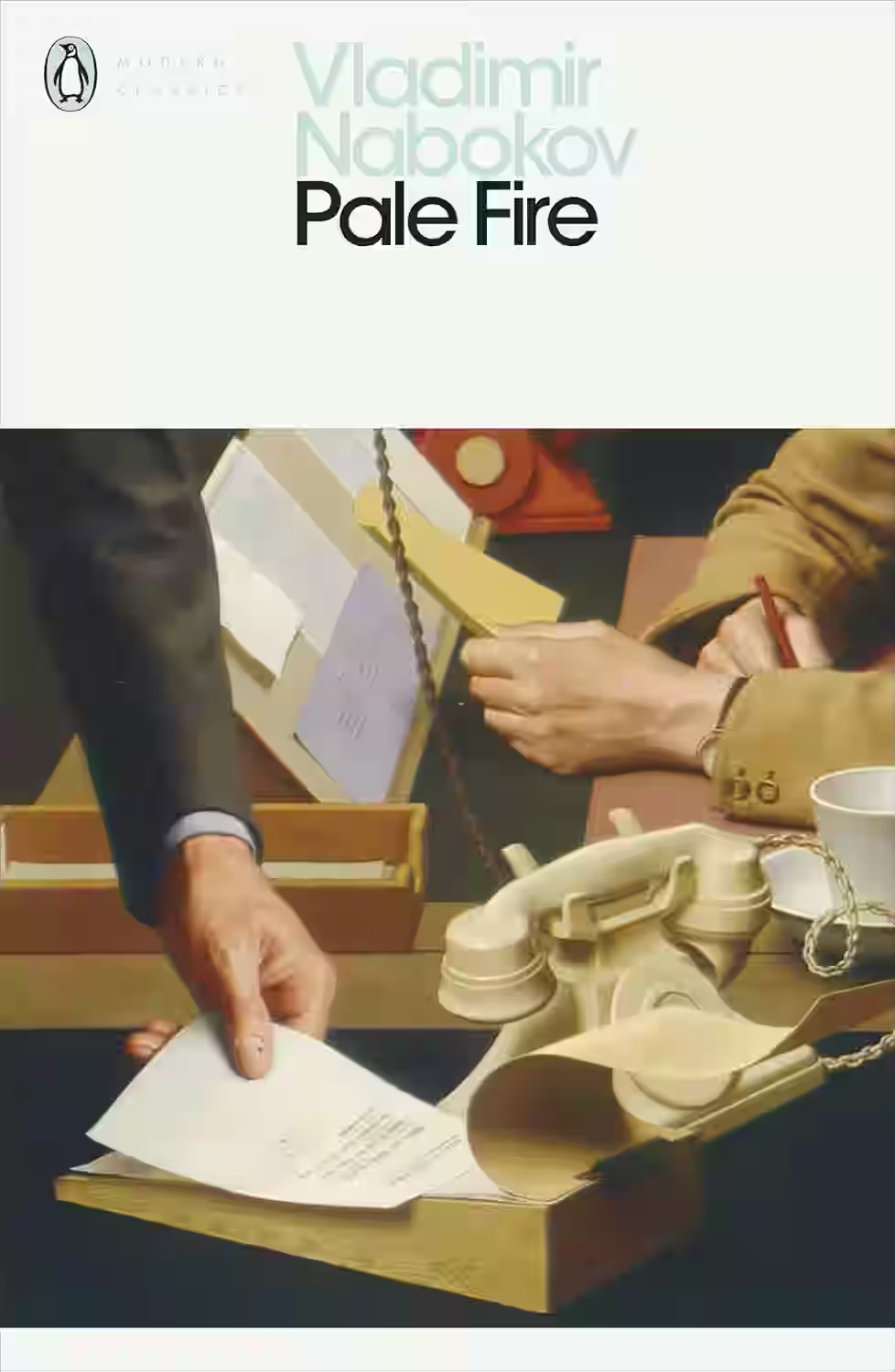Postmodern Literature
Postmodern Literature is characterized by metafiction, intertextuality, irony, and fragmentation of narrative structure, challenging conventional storytelling and exploring themes of reality, identity, and language.

Extremely Loud and Incredibly Close
Jonathan Safran Foer's "Extremely Loud and Incredibly Close" is a poignant and innovative exploration of grief, loss, and resilience in the aftermath of tragedy. The story follows nine-year-old Oskar Schell as he navigates the complexities of his father's death in the 9/11 attacks. Through Oskar's journey to unlock the mystery behind a key he discovers in his father's belongings, readers are taken on a heart-wrenching yet uplifting exploration of human connection, love, and the search for meaning amidst chaos. Foer's unique use of visual storytelling elements and fragmented narrative style adds a layer of depth to the narrative, making it a truly unforgettable read.

Pale Fire
Vladimir Nabokov's 'Pale Fire' is a brilliantly conceived novel that blurs the lines between poetry and prose, fiction and criticism. At its center is a 999-line poem by the fictional poet John Shade, accompanied by an extensive commentary by his self-appointed editor, Charles Kinbote. The novel masterfully unfolds through Kinbote's verbose footnotes, which reveal his obsession with both the poem and Shade himself. Themes of artifice, madness, and the nature of textual interpretation are explored as Kinbote's commentary becomes increasingly detached from the poem, presenting a narrative of his own deluded reality. 'Pale Fire' is a metafictional masterpiece illustrating Nabokov's genius for linguistic play and deceptive storytelling, challenging readers to discern layers of meaning beneath its complex surface.